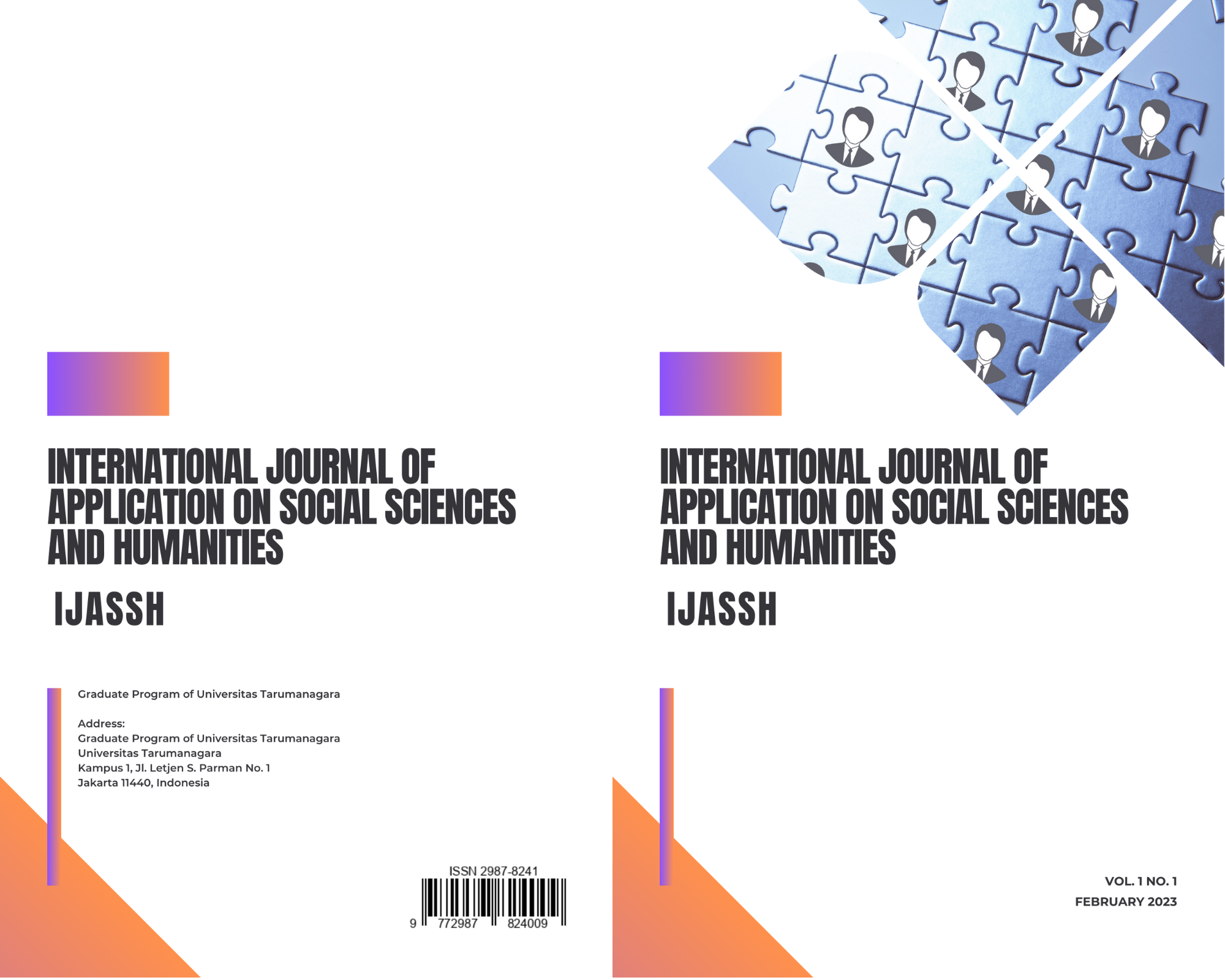Quantitative Descriptive Studies on Self-Efficacy in Students Who Are Completing Their Thesis Within One Semester
Main Article Content
Abstract
ABSTRACT
Self-efficacy has been found to be one of the strongest factors predicting performance in education. Individuals with low self-efficacy have irrational thinking, negative feelings towards themselves that they cannot complete tasks or work given to them, these individuals tend to avoid tasks especially on challenging tasks. Students who take thesis and thesis proposal subjects need to have high self-efficacy to be able to complete the task and not easily give up until the exam. Students who have self-efficacy in themselves will feel able to get through this thesis task and graduate. This study aims to get the idea of self-efficacy in students who are completing the final thesis task. This study used descriptive research methods, with this purposive sampling technique to find participants who are willing to provide the information needed. Self-efficacy measurements use a general self-efficacy scale measuring tool based on Bandura theory. The study sample numbered 104 students who were divided into 27 male participants and 77 female participants. The data in this study was processed with the help of Statistical Product and Service Solutions (SPSS) application version 22. The result is self-efficacy in students who are completing a thesis is quite high (M = 3.0136, SD = 0.48925). The dimensions of variable self-efficacy are level, strength, and generality.
Article Details
Section

This work is licensed under a Creative Commons Attribution-NonCommercial-ShareAlike 4.0 International License.
References
Afriyeni,N & Murjito,W.H, (2014) Hubungan antara efikasi diri dengan prokrastinasi akademik pada siswa kelas xi SMA negeri 9 Padang, Jurnal Antropologi: Isu-isu Sosial Budaya. 16(2) 191-199.
Alimah,C & Khoirunnisa,R.N (2021) Hubungan antara self-efficacy dengan stres akademik pada mahasiswa yang sedang mengerjakan skripsi di masa pandemi covid-19, Jurnal Penelitian Psikologi. 8(2) ,160-170. https://ejournal.unesa.ac.id/index.php/character/ article/view/40972
Anggreni,P, Suartini,N.W & Mahendradatta,U (2019) Strategi pengembangan sumber daya manusia di 3 perguruan tinggi dalam menghadapi persaingan global (Studi pada Universitas di Provinsi Bali), ISEI Business and Management Review. 3(1),26–34. DOI: https://doi.org/10.36217/ibmr.v3i1.83
Bandura, A, Self-efficacy: The exercise of control, W.H Freeman and Company. New York, 1997, p. 3.
Damri,D, Engkizar,E & Anwar,F (2017) Hubungan self-efficacy dan prokrastinasi akademik mahasiswa dalam menyelesaikan tugas perkuliahan, Jurnal Edukasi: Jurnal Bimbingan Konseling. 3(1) (2017) 74-95. DOI: https://doi.org/10.22373/je.v3i1.1415
Klassen,R.M, Krawchuk,L.L & Rajani,S (2008) Academic procrastination of undergraduates: Low self-efficacy to self-regulate predicts higher levels of procrastination, Jurnal Elsevier: Contemporary Educational Psychology. 33(4) , 915–931. DOI: https://doi.org/10.1016/j.cedpsych.2007.07.001
K.P.S.S. Psikologi, Pengumuman Pembimbingan Proposal Skripsi dan Skripsi 2020/2021. 2020.
Nurcahyo,F.A, Valentina,T.D, (2020) Menyusun skripsi di masa pandemi? Studi kualitatif kesejahteraan psikologis. Prosiding Seminar Nasional Dan Call Paper “Psikologi Positif Menuju Mental Wellness”, pp. 136–144. https://doi.org/10.1007/SpringerReference_223312

